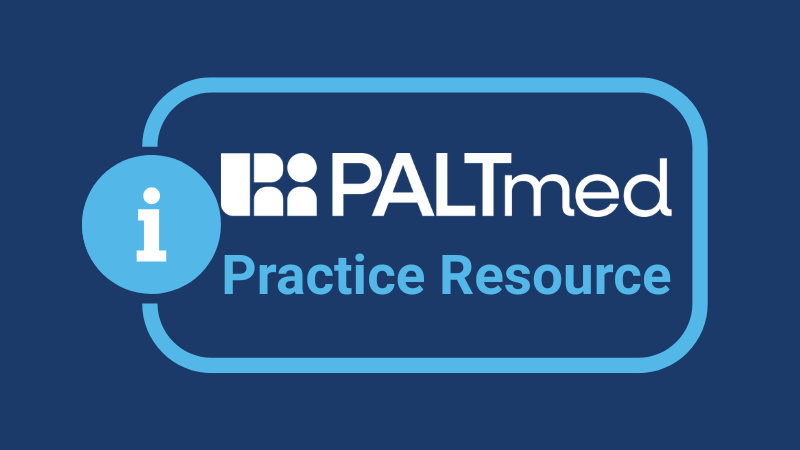June 8, 2023
Michael Wasserman, MD, CMD, is uniquely qualified for his role as State Presidents Council Representative on the AMDA Board of Directors. As a past president of the California Association of Long Term Care Medicine (CALTCM), he and his chapter have demonstrated loud and clear that it is possible to raise a positive voice and make a difference among lawmakers, policymakers, and others on the state and national levels.
CALTCM was the driving force behind a 2022 bill requiring all medical directors in the state to be certified. While this was a significant accomplishment, Dr. Wasserman noted that the chapter also had a role in conceptualizing and developing bills on related party transparency and ownership licensing.
Nevertheless, Dr. Wasserman said, “In the end, I am proudest of our ability to develop ongoing relationships with key departments and entities in the state government. We have regular meetings with the Departments of Health Care Services, Public Health, and Social Services.” He added, “We have just received a grant for strike team funding that came from the CDC but was given out by the state.”
Relationship building is key to much of what CALTCM has been able to accomplish. However, Dr. Wasserman stressed that this is challenging work and time-consuming. “There are multiple sides to it. We’re connecting with leaders in the state and our elected officials in the federal government,” he said. “Our voices as clinical experts are often not taken into account by policymakers. To be taken seriously and have our voices heard means engaging with state and federal officials. This will help us to be involved in devising solutions rather than just being out there complaining about the way things are.”
Dr. Wasserman has long been impressed with AMDA’s work to support state chapters and give them a voice in national policy and program development. “The House of Delegates gives states a unique opportunity to share resolutions and white papers and have input on Society governance,” he said. “AMDA works to engage state chapters and help them be successful 365 days a year.”
Like so many of his colleagues, Dr. Wasserman considers AMDA his professional home, and he is happy to serve as a volunteer leader. He observed, “I believe in what we do, and from a selfish perspective, it’s fun to be part of AMDA.” He finds the opportunity to work with people from all disciplines who share his passion for geriatrics and long-term care and serving the country’s older adults rewarding.
While some practitioners and other long-term care leaders have shied away from the media, particularly during the pandemic, Dr. Wasserman welcomed the opportunity to share his insights and experiences. At the height of COVID, he was a powerful voice who often set the record straight and helped people see how hard nursing home leaders and staff worked to protect their residents, often putting their own safety at risk. Of the media, he said, “Sometimes they will spin things or get things wrong, but we need to get out there. When journalists and reporters call me, I answer. We need an army of colleagues to do this. I think we sell ourselves short by not doing more to engage the media and get the word out about our profession, our work, and how we care for our residents.”
Dr. Wasserman is currently chair of the CALTCM Public Policy Committee and serves on the Infrastructure Workgroup for the National Advisory Committee on Seniors and Disasters. He also served as a member of the National Academy of Science’s A Framework for Equitable Allocation of Vaccine for the Novel Coronavirus Committee and was a member of California’s Community Vaccine Advisory Committee. He is a prolific speaker and author and is editor-in-chief of a soon-to-be-released textbook, Geriatric Medicine: A Person-Centered Evidence-Based Approach.
In addition to working as chief executive officer overseeing California’s largest nursing home chain, Dr. Wasserman was executive director, care continuum for the CMS-contracted Quality Improvement Organization in California. He also was a co-founder of MESA (Medicare Experts and Senior Access), a multiyear grant from the Colorado Health Foundation to train primary care physicians in how to care and bill for Medicare patients effectively.




